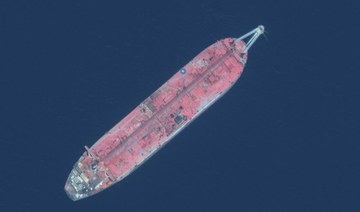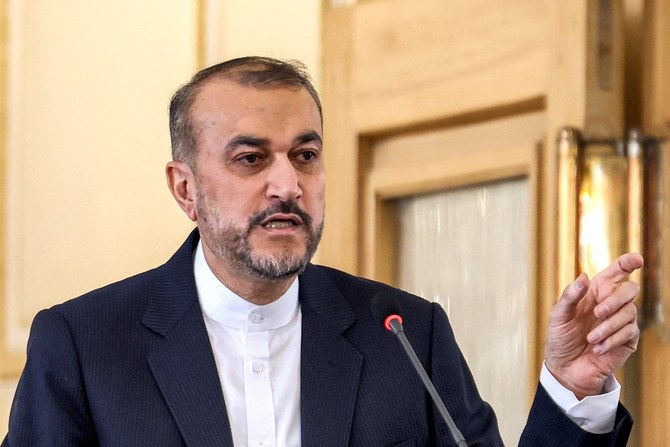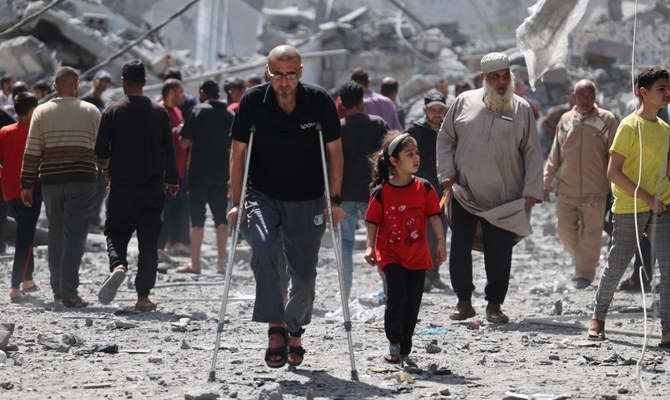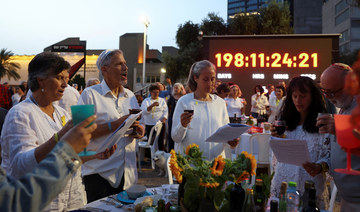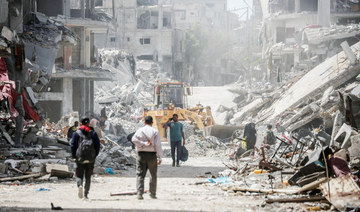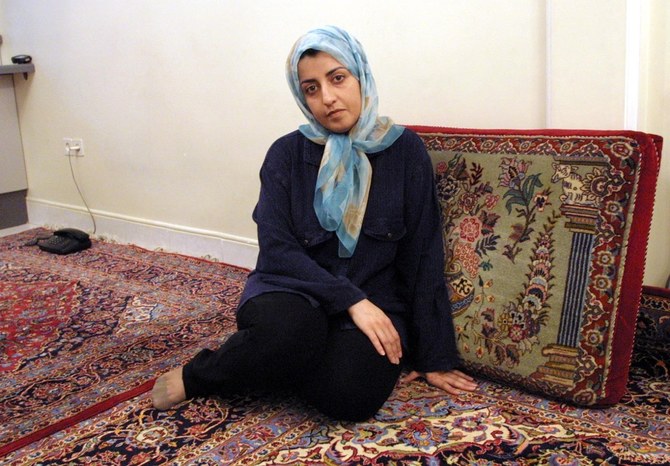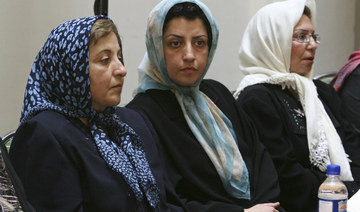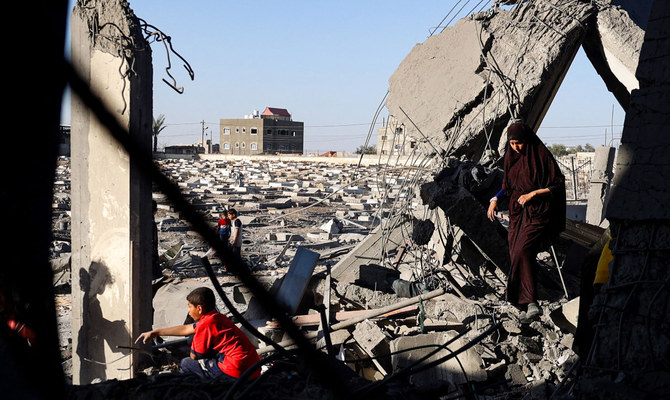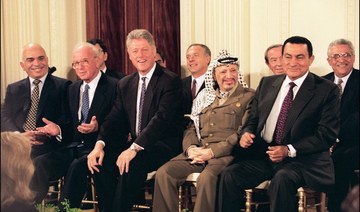NEW YORK: Talks with the Houthis in Yemen are continuing in an effort to resolve the issues preventing experts from accessing the Safer oil tanker to assess its condition and make emergency repairs, the UN said on Wednesday.
Recently a new list of Houthi demands relating to “logistics and security arrangements” caused further delays.
“We hope that these discussions conclude quickly so we can move forward with booking the mission’s vessels and finalizing a concrete deployment timeline,” said Stephane Dujarric, the spokesman for UN Secretary-General Antonio Guterres.
The Safer has been moored in the Red Sea off the coast of Yemen, near Ras Isa oil terminal, for more than five years. It contains about 48 million gallons of oil, but its condition has deteriorated and the UN has warned it threatens to leak four times as much oil as was spilled during the 1989 Exxon Valdez disaster off the coast of Alaska.
Guterres and the Security Council have repeatedly pleaded with the Houthis in Yemen to allow access to the tanker for assessment and repairs.
“The environmental and humanitarian disaster that is waiting to happen in case of an oil spill is entirely avoidable,” said Dujarric. “We are doing everything possible to deploy this mission at the earliest possible opportunity as an important step toward averting this catastrophe.”
The Safer is a floating storage and offloading terminal that was used as an offshore platform for vessels loading crude oil from the Marib-Ras Isa pipeline. It is owned by the Yemen Oil and Gas Corporation but fell into the hands of the Houthis in 2015, early in the Yemeni Civil War. Since then no maintenance work has been carried out.
“There are several issues right now” in the negotiations with the Houthis, said Dujarric. “Those are where an eventual UN ship can drop anchor, who can stay on board (and) whether (or not) Houthi security officers will monitor the work of the staff. We are trying to resolve these issues but some have cost implications. (Others) have security implications.”
However some of these issues “are beside the point,” he added.
“None of them are technically required to implement the plan that has already been agreed to,” he said. “It’s a bit of a cat-and-mouse (situation).
“At this point, we can’t spend any more donor money — and we don’t want to spend any more donor money. We have a restricted amount of money. We’ve already spent about a million dollars of donor money on equipment which we’d secured, and now we have to pay to store that equipment.
“So, the longer the delay, the more the cost increase and, most importantly, the longer we delay, the more the risk (of an environmental disaster) will increase.”
Meanwhile the humanitarian crisis in Yemen continues. David Beasley, executive director of the World Food Programme on Wednesday issued yet another urgent plea for funding to help feed “the most vulnerable, hungry families.”
As he completed a two-day visit to the country, he said that more than half of the population in Yemen faces acute food shortages, “with millions knocking on the door of famine.”
He added: “Famine-like conditions are emerging across Yemen. We have a vaccine for this: it is called food. All we need to save lives is funding.”
Beasley said he had visited a hospital in Sana’a where he saw first-hand “the devastating toll that malnutrition is having on Yemen’s children.”
According to the UN, about 2.5 million Yemeni children under the age of five are expected to suffer from acute malnutrition this year.




